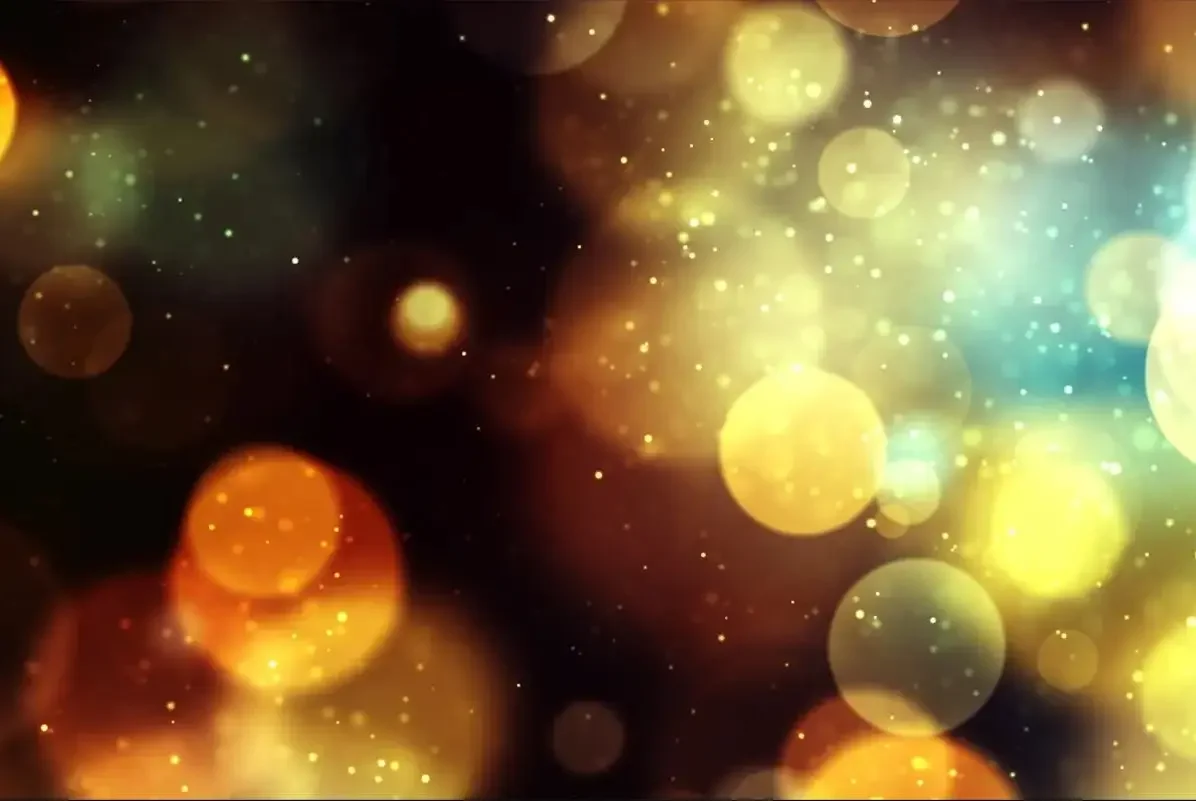How can Psylocibin Mushrooms Help Me?
Psilocybin mushrooms, often referred to as 'magic mushrooms,' have been at the center of modern research for their potential benefits on mental health. In this FAQ, we explore how these fascinating fungi might help you, debunk myths, and provide insights into their effects and uses.
What Are Psilocybin Mushrooms?
Psilocybin mushrooms are a type of fungi that contain the psychoactive compound psilocybin, which is responsible for their hallucinogenic properties.
These mushrooms have been used for centuries in traditional ceremonies and spiritual rituals due to their ability to alter consciousness and provide profound experiences.
In recent times, the allure of psilocybin mushrooms has expanded beyond spiritual communities, drawing interest from scientists and mental health professionals.
How Can Psilocybin Mushrooms Improve Mental Health?
Research suggests that psilocybin may help reduce symptoms of depression, anxiety, and PTSD by promoting neuroplasticity and altering perception and mood.
Studies highlight the potential of psilocybin in creating new neural pathways, which can help 'reset' the brain and provide relief from persistent negative thought patterns.
It's important to note that while psilocybin may hold therapeutic potential, its use should always be considered as part of a structured and supervised therapeutic setting.
What Is the Science Behind Psilocybin's Effects?
Psilocybin works by affecting serotonin receptors in the brain, leading to changes in mood, perception, and cognition. These alterations can foster introspection and emotional breakthroughs.
The compound psilocybin is converted into psilocin in the body, which interacts with the brain's serotonin receptors, especially in areas of mood and perception.
This interaction can lead to what's often described as a heightened sense of connectivity among different regions of the brain, explaining the altered sensory experiences reported by users.
Are There Risks Associated with Using Psilocybin Mushrooms?
While psilocybin mushrooms have potential benefits, they can also pose risks such as negative psychological reactions and legal issues, depending on the jurisdiction.
A 'bad trip' can occur, characterized by anxiety, paranoia, and confusion, which underscores the importance of using psilocybin in a safe, controlled environment.
Understanding the potential risks and ensuring appropriate dosage are crucial for minimizing harm.
How Are Psilocybin Mushrooms Legally Viewed?
The legal status of psilocybin mushrooms varies globally. Some regions have decriminalized or allowed them for therapeutic use, while in others, they remain illegal.
Recent shifts in public perception have led to changes in some local laws, allowing for regulated research and therapeutic applications of psilocybin.
It's essential to be informed about the legal framework in your area if contemplating psilocybin use, as laws can significantly impact both accessibility and safety.
Final Thoughts on Psilocybin Mushrooms
Psilocybin mushrooms offer a promising avenue for mental health treatment, with research highlighting their potential to alleviate symptoms of various disorders. However, it's essential to approach these substances with caution, respect, and awareness of the legal implications. Always consult with a healthcare professional before considering any type of psychedelic therapy.
